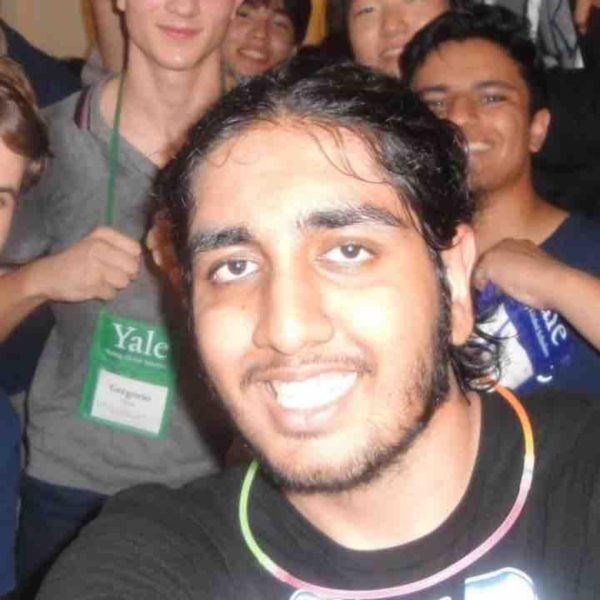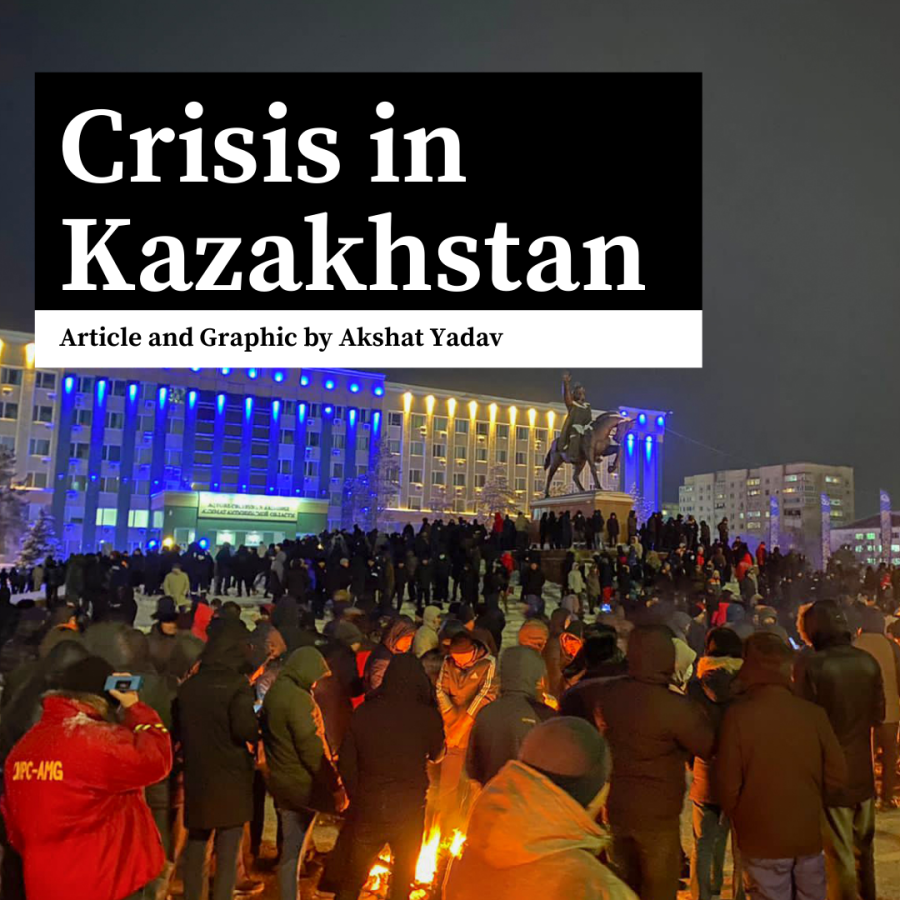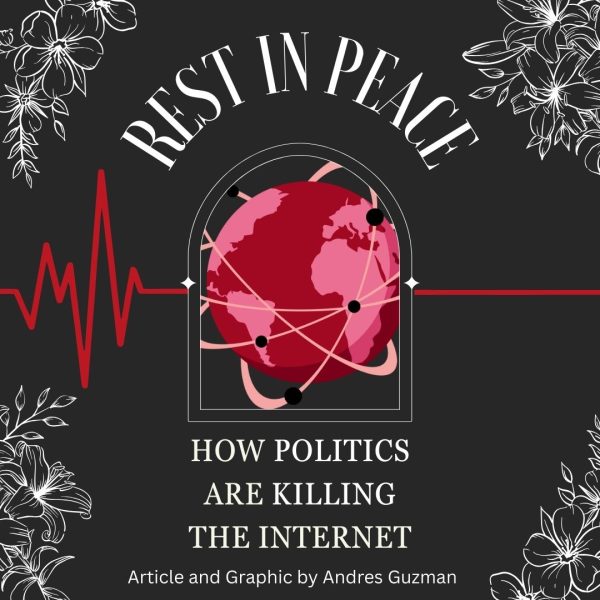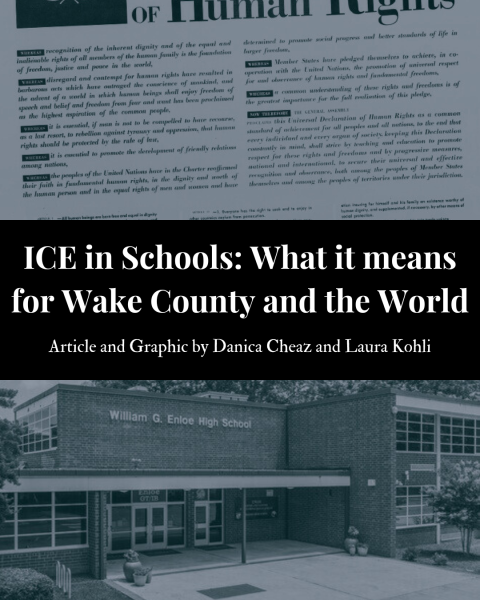Crisis in Kazakhstan: What You Need to Know
In early January, the government of the Central Asian state, Kazakhstan, approved a lift of price caps for liquified petroleum gas, which outraged many Kazakhs who now have to spend more from their insufficient $339 monthly salary average. As a result, protests have erupted as the fury from the rising gas prices pushed the demand for reforms from issues of political rights to the direct elections for local government.
The protests began on January 3rd and were quickly met with tear gas and grenades from police in Almaty, the economic capital of Kazakhstan. Although Kazakh President Tokayev created a commission to negotiate with protestors, it was ultimately unsuccessful. Conflict in the city rose to such an extent that the Mayor’s office was burned, and the city’s international airport was overrun with demonstrators.
In a moment of relief for the President, the Collective Security Treaty Organization (CSTO) sent paratroopers (consisting mainly of Russian forces) to aid the efforts of the Government to restore “constitutional order.” As a result, the President claimed that peace was maintained in most of the country by January 7th. To comply with the increase of military surveillance of the country, many of the protestors converted to peaceful methods of demonstrating their opposition against the government.
Why does this all matter? Kazakhstan is a country with large amounts of oil and uranium resources, and the US traded a total of $2.0 billion dollars of goods in two-way trade in 2019, according to the Office of the US Trade Representative. Uncertainty in this region can pose many troubles for American trade and business. The combination of a Taliban-led Afghanistan and the emergence of a Russian-backed Kazakhstan could prove deadly for American attempts to maintain close relations with these resource-heavy states.
Several central Asian states (including Kazakhstan) posed interest in forming a “Central Asian Union,” which aims to place several central Asian countries in an organization separate from the Russian-influenced CSTO, or the Chinese-influenced Shanghai Cooperation Organization. However, due to Russia’s involvement in this Kazakh conflict, it seems unlikely that Kazakhstan will continue to attempt to become diplomatically independent of Russia. The simple move of deploying the paratroopers by the Russian Military (on request of the President of Kazakhstan) changes the view the world has on Russian diplomacy. Due to the collapse of the Soviet Union, Russia and its satellite states had to rebuild much of their presence within the international community, especially Russia who lost the status of being a superpower and is now seen as “irrelevant” to many countries as the U.S. filled in the power vacuum. As this conflict unwinds, many are asking whether the Soviet Union is really dead.

(He/him)
Akshat is a senior here at Enloe. He is excited to return for his third year on the staff to work on the Eagle's Eye's newest (and best) section,...












